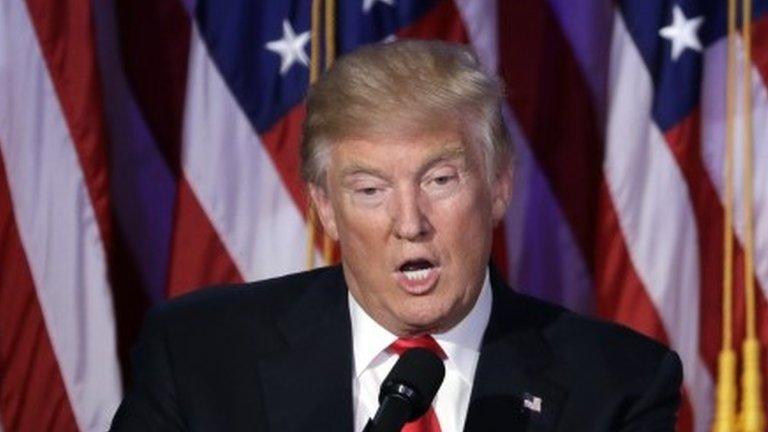Mrs May goes to Washington
- Published
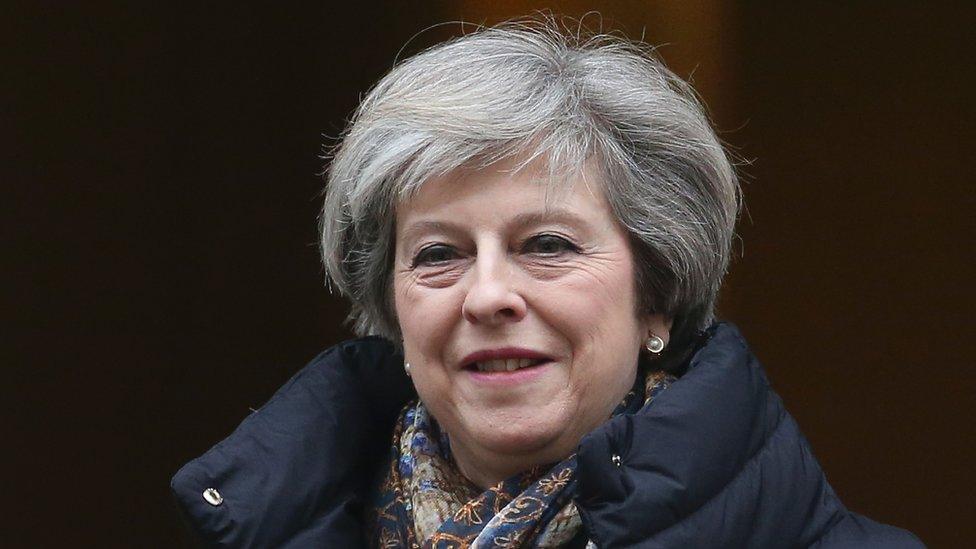
There are frequent and regular meetings between British prime ministers and American presidents, but few will have been as significant as the visit to Washington this week by Theresa May.
It is not just an occasion for old allies to renew vows of friendship. These two new, uncertain leaders need concrete achievements and not just gestures.
The two could not be more different. Mrs May is serious-minded, steely, attentive to her briefing books, insular, dependent on a tightly-wound inner circle.
Donald Trump is brash, abrasive, instinctive, revelling in his newly won power to change America.
One of them is a vicar's daughter; the other a star of reality TV. Both of them are in office because of a people's revolt.
So what will be on Mrs May's agenda as she becomes the first foreign leader to meet the new president?
1. The Special Relationship
British leaders tend to attach more importance to the special relationship than the US. But with Britain about to divorce from the European Union, the long-standing link with Washington has assumed more importance. It is an anchor in a less certain era.
Mrs May will stress that the relationship between the two countries helped forge the "modern world" and, by implication, can do so again. The White House has indicated that it would welcome the closeness of the Thatcher/Reagan years.
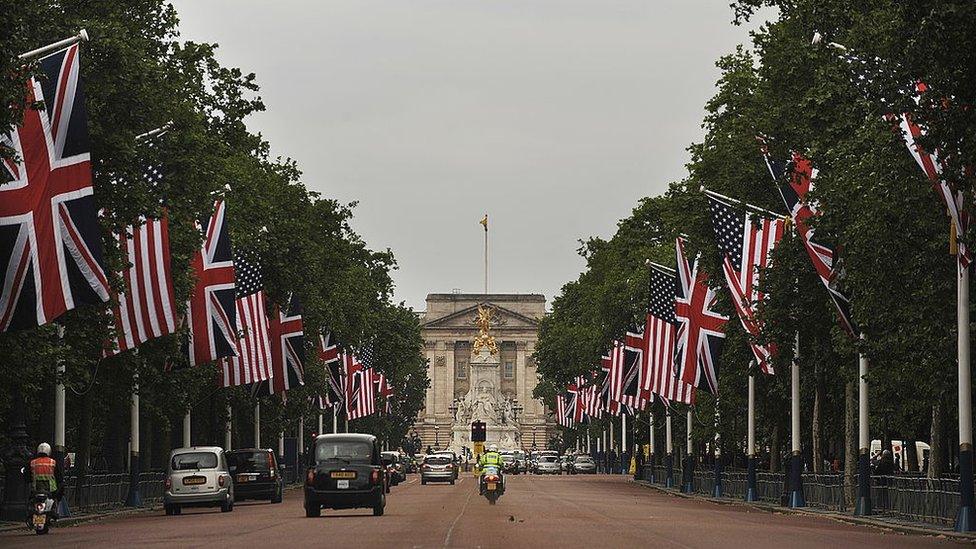
Mrs May will emphasise her belief in the continuing importance of the special relationship
President Trump needs to demonstrate that he has the seriousness to be the leader of the West and that he has command of the issues. The American audience will be watching.
Theresa May needs to tread carefully. There is much she needs from America, not least a trade agreement, but many in the UK would question deepening a "special" relationship with a president they intensely distrust.
The prime minister has promised to be "frank" in her discussions, but Britain outside the EU needs a close ally in Washington and Donald Trump is likely to get his invitation to visit Britain and stay in Buckingham Palace and risk the demonstrations such a visit may spark.
2. Trade
For the UK, trade is the centrepiece of the visit.
With the UK leaving the EU and its single market, Britain will need new trading relationships. Already trade between Britain and the US is worth £150bn ($188bn). What the prime minister is looking for is a "bold and ambitious free-trade agreement" with the US.
Such a trade deal cannot be concluded while the UK remains part of the EU but preparatory work can begin so that a trade agreement can be in place shortly after the UK leaves the EU in 2019.
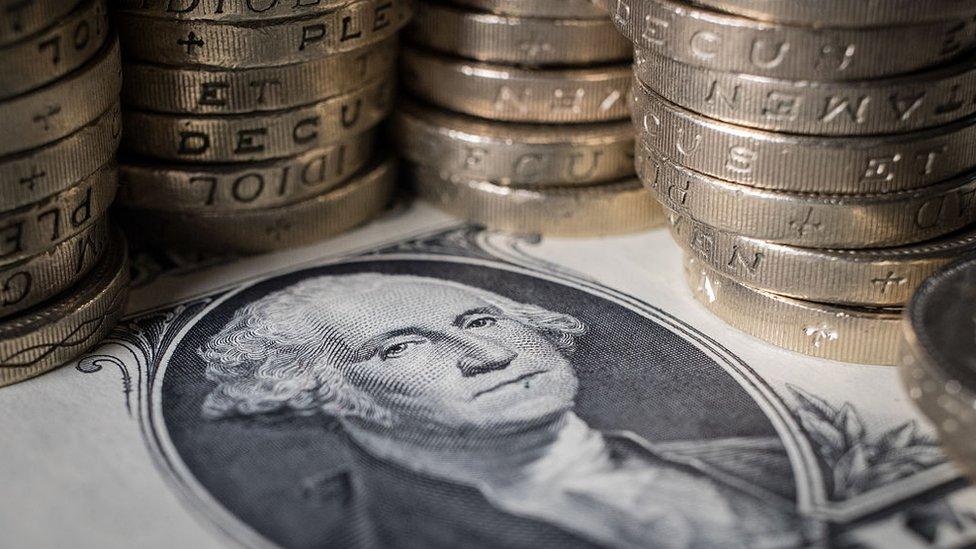
The prime minister is a strong advocate of free trade versus protectionism
There will be discussions about reducing existing tariffs and making it easier for American and British citizens to work in each other's countries.
Progress surely will be made but there are deep underlying differences. The president's core policy is "America First". Theresa May's slogan is "Global Britain". Donald Trump has spent this week signalling he is pulling out of the Trans-Pacific Partnership (TPP) trade agreement and bent on re-negotiating the North American Free Trade Agreement (NAFTA).
Britain outside the EU, on the other hand, needs an open global trading system. Theresa May has to be an advocate for free trade in the house of a leader determined to protect first and trade second.
Downing Street will also know that a deal with the US will strengthen its hand in its negotiations with Brussels.
3. Nato
During the election campaign Donald Trump caused consternation in Europe and in the foreign policy establishment in Washington when he declared Nato "obsolete".
On one level it was an expression of American frustration that its European allies refused to share the burden of defence. Theresa May will surely support the president in calling on Europe to spend 2% of GDP on its military.
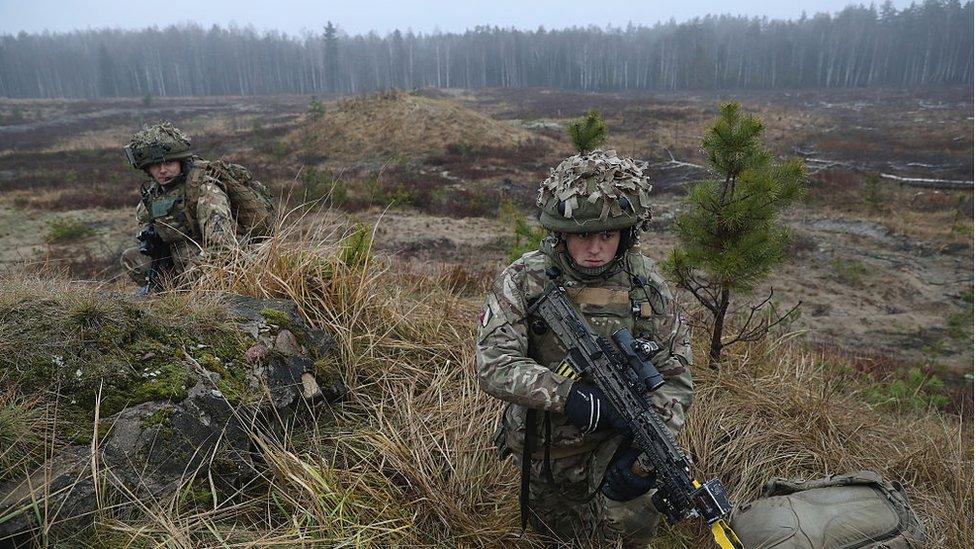
There are calls for more Nato countries to share the alliance's financial burden
But May will be looking for much more. She wants to hear the President commit to Nato's Article Five, that an attack on one member will be treated as an attack on all.
For her, Nato is part of the post-war international order. Britain outside the EU needs Nato more than ever. In the future it will be Nato that will be the UK's link to its European neighbours.
4. The EU
One of the ironies of the visit is that Theresa May will fight for the EU. It will be a case of a divorcee speaking up for a former partner.
Europe has been shocked by Donald Trump's comments about Europe breaking up, about the EU being a "vehicle for Germany". For the first time since the Treaty of Rome was signed 50 years ago, Europe does not have a friend in the White House who shares the mission and belief in European integration.
So Theresa May has an opportunity to win friends in Europe's capitals by standing up for the EU. It is not in Britain's interest, as she has said, for the European Union to unravel. "It remains overwhelmingly and compellingly in Britain's national interest that the EU should succeed," she believes.
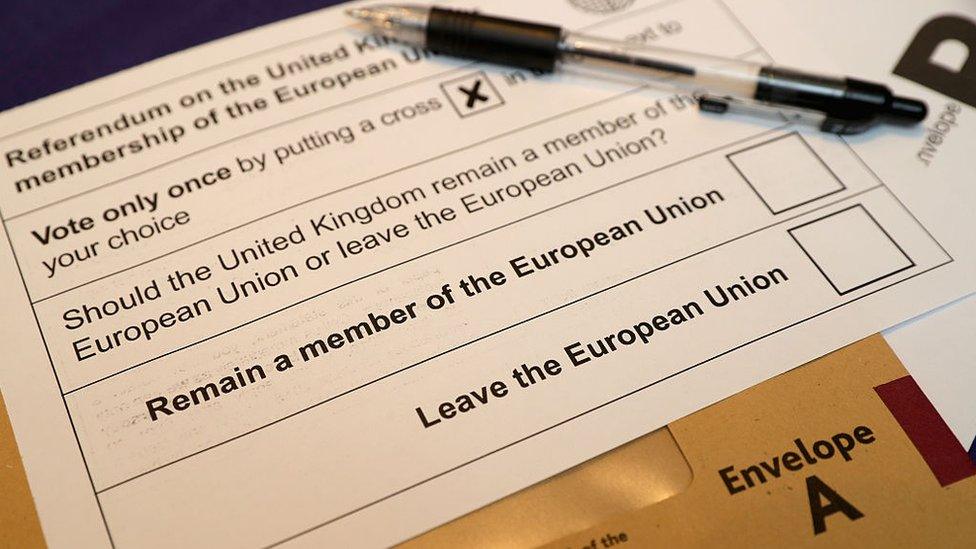
Despite Brexit, Mrs May could speak up for the European Union
A global Britain needs a strong international order and part of that is Nato, the EU, and open trade. In the past it has been the US underpinning this global order. Theresa May will need to be the great persuader.
5. Russia and foreign policy
The UK views Moscow and Putin differently from the new administration in Washington. Donald Trump has signalled that he can open a new era with Russia.
The UK remains deeply suspicious of the Kremlin. It is not just a question as to whether sanctions should be retained against Russia for its military actions in Crimea and Ukraine.
The UK and US have the strongest intelligence-sharing relationship in the world. The UK will want reassurance that any tilt towards Russia does not compromise its intelligence assets.
Regarding the Middle East, Donald Trump has made it clear that Israel will have his full support. Already, Israel has taken heart from its new friend in the White House by announcing the building of new settlements in the West Bank. Donald Trump has suggested he may move the US embassy to Jerusalem.
Theresa May's words will be scrutinised closely. In seeking a close relationship with Donald Trump, will there be any change in emphasis in supporting a two-state solution between Israel and the Palestinians?
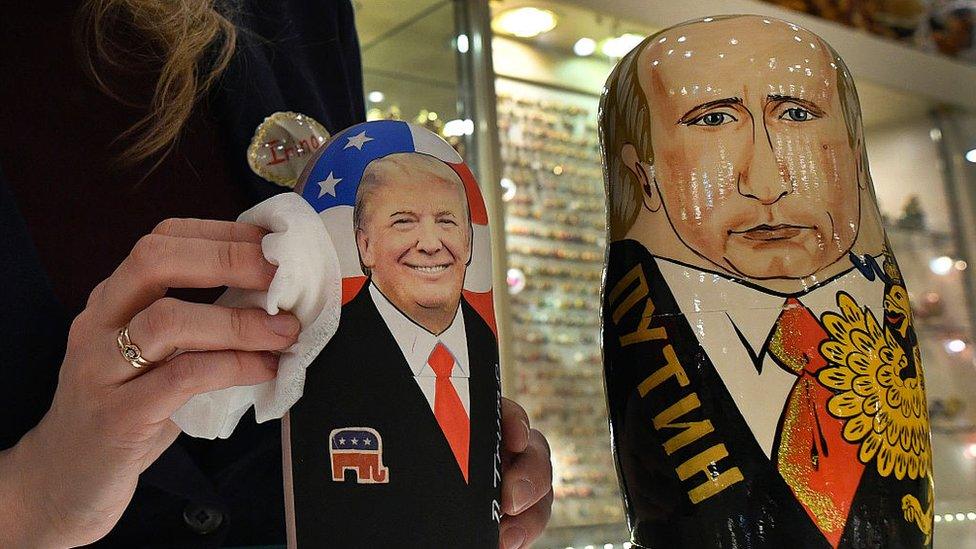
Downing Street will seek reassurance over the effects of closer ties between the US and Russia
The British prime minister will also want to talk about energy and her commitment to the Paris agreement on reducing global warming.
In the end it is in both Britain and America's interest to forge a close relationship. Theresa May has spoken of "renewing our nation's ties".
Outside the EU, the UK needs the American embrace. The Trump administration brings opportunities. Donald Trump remains an enthusiast for Brexit. He wants Brexit to succeed and has promised to give his backing to a trade deal.
But many of his policies are opposed by Theresa May and many British voters. She cannot risk getting too close to a man despised by many in the UK.
Her priority will be trade but what she wants from the 45th president is a commitment to supporting the post-war international order without pulling away at the threads that bind it.
On a personal level they are unlikely allies, but self-interest may yet rekindle the Reagan-Thatcher alliance.
- Published21 January 2017
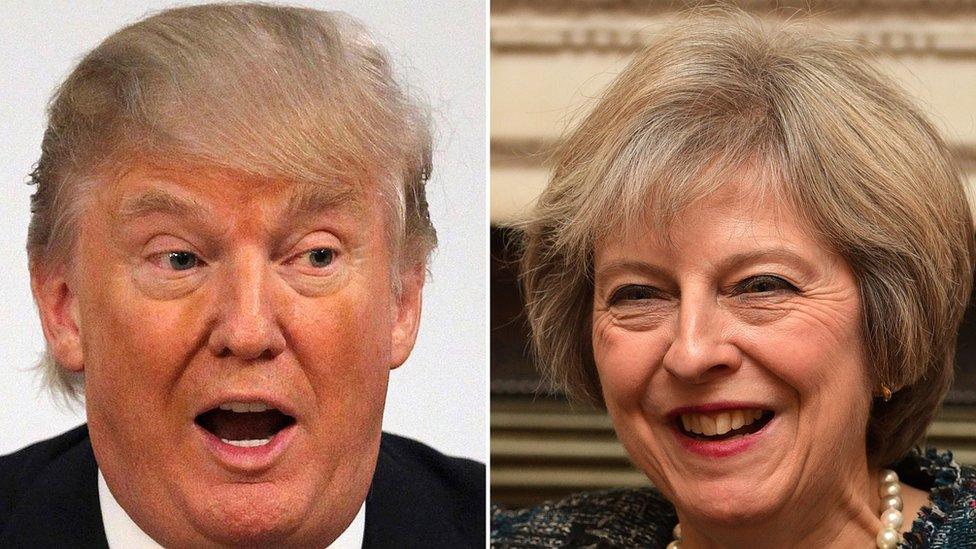
- Published21 November 2016
